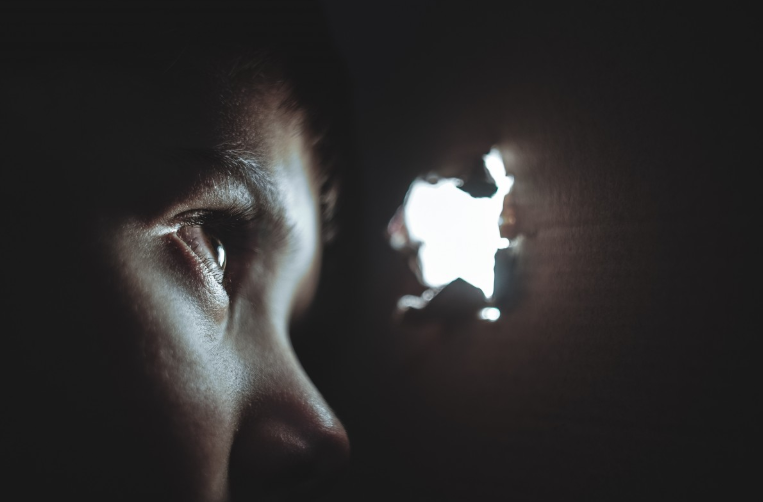It’s been demonstrated that nurture and nature shouldn’t be taken as enemies or even complete opposites, but as two intertwined truths which work together to compose the human experience – the experience of lives. Nature was created for nurture.
Many current and noteworthy research have reported that the consequences that early childhood experience could have on both physical and chemical makeup of the mind. Abuse in childhood can change someone’s physiology. These physiological changes can result in a higher likelihood of experiencing anxiety or depression later in life.
Groundbreaking results in a significant study of depressed women in the united states have proven that girls who have been abused as children have elevated hormonal reactions to stress in contrast to women without a history of misuse. It indicates that childhood abuse is related to persistent darkening of this hormonal system connected to the stress response, which might cause increased exposure to psychiatric disorders in adulthood.
A crucial period is a child’s first two decades of life through which many of those pathways are shaped. Even though this might be a response to assist the kid to endure, it can result in permanent problems for the person.
Another study demonstrates that the brains of severely neglected children usually are smaller than ordinary with poor regions in mind. The long-term consequences of this are still being analyzed, but it reveals an additional way in which nurture or absence of it may impact an individual’s biological make-up.
The knowledge which nurture and nature are two vital elements to an individual’s health will end up being a useful instrument in the study and treatment for the psychiatric disorder and might lead to more effective remedies in the long run.

